Gaza, July 27 (V7N) – Once a lifeline and a symbol of resilience, the Mediterranean Sea has now become a deadly frontier for Gaza's residents, as Israeli military forces enforce a strict ban on fishing and even swimming, exacerbating the humanitarian catastrophe unfolding in the besieged enclave.
Surrounded by a high, impenetrable barrier on three sides, Gaza’s only open horizon—the sea—is now off-limits. The Israeli Defense Forces (IDF) recently issued a security order prohibiting access to the sea, and now patrol the coastline with deadly force, warning that any breach will be met with live fire.
The consequences have been devastating. Fishing, once a major source of protein and livelihood, has collapsed. According to Gaza’s Ministry of Agriculture, fishing output has plummeted from 4,660 tons per year to just 60 tons, following the destruction of boats and fish farms during the ongoing war, which has raged for over 21 months.
Despite the ban, desperate Gazans continue to risk their lives for food. Fisherman Ziad Abu Amira told CNN while repairing his torn nets, “We returned after two days. We cannot see our children hungry.” He added, “If I don’t take fish for my children today, I will die. I will not run after the truck, this is my way.”
The risks are not abstract. The Israeli navy has repeatedly fired on or arrested fishermen—even those fishing just meters from shore, according to the UN Food and Agriculture Organization (FAO). The UN has warned of severe famine if access to food and humanitarian aid continues to be restricted.
Children have become the face of this growing crisis. Seven-year-old Faiza waits by the shore daily for scraps of fish brought in by the few returning boats. Eight-year-old Hussam Sadallah, the main provider for his family of nine, says, “I cast my nets because we have to eat. I'm always afraid of the navy ships. If we go a little deeper, they shoot.”
The psychological toll is immense. Ismail Al Amoudi, 16, from a long line of fishermen, says: “Everyone is afraid when they go to sea. We see death before our eyes.”
This is not the first time the sea has drawn international attention. In 2010, Israeli forces stormed the Turkish civilian aid ship Mavi Marmara, killing nine Turkish nationals, sparking global outrage. And earlier this year, climate activist Greta Thunberg was reportedly detained by Israeli authorities while attempting to reach Gaza’s shores with an aid flotilla.
As skeletal children and displaced families dominate global headlines, international condemnation is rising. Still, for most Gazans, survival is the only priority—and for many, the sea remains their last, fragile hope, even as it turns into a battleground.
END/RH/AJ



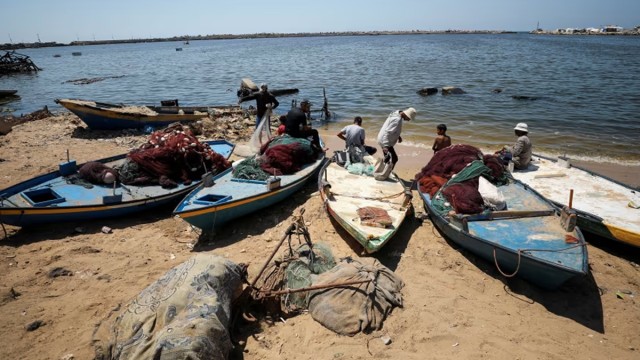
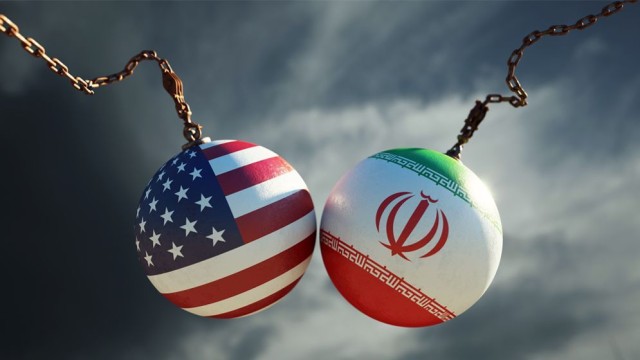
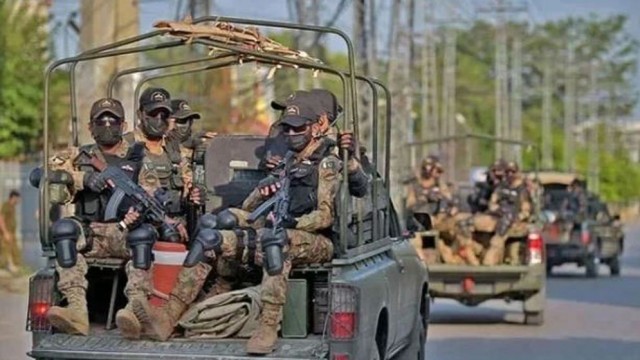

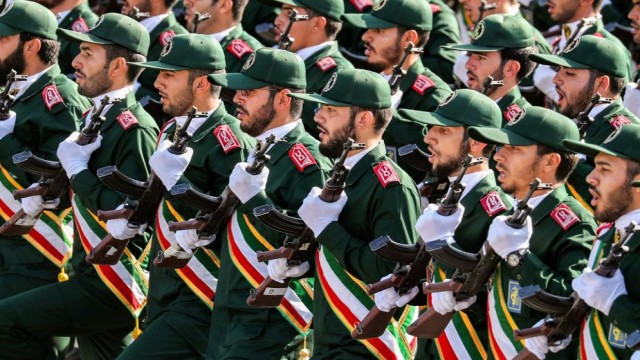

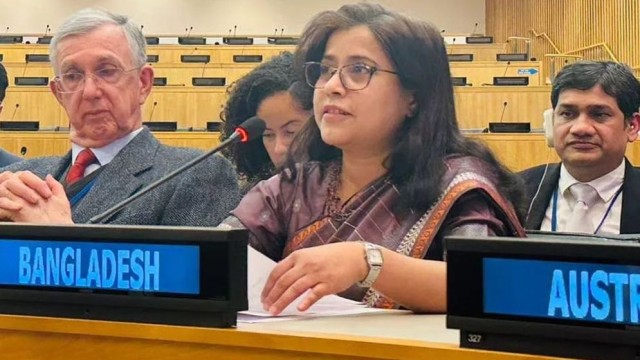
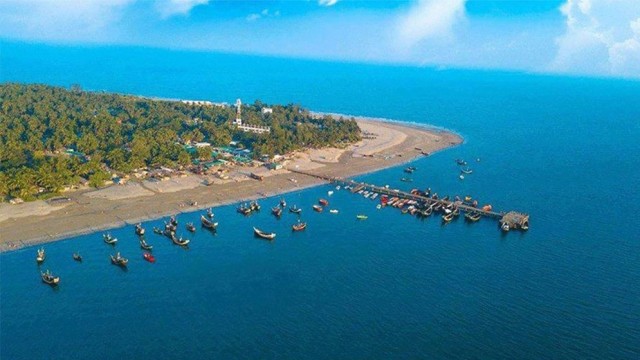
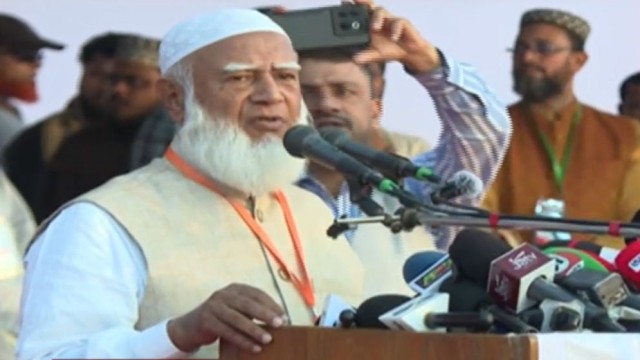
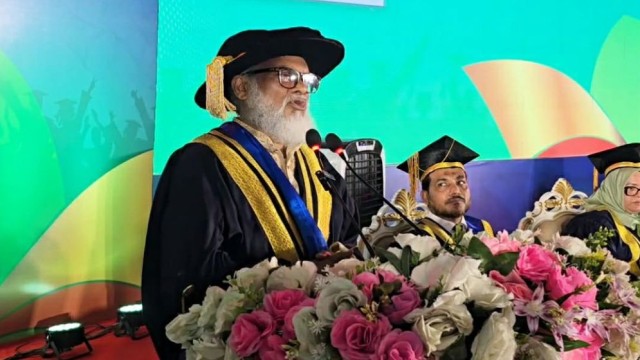
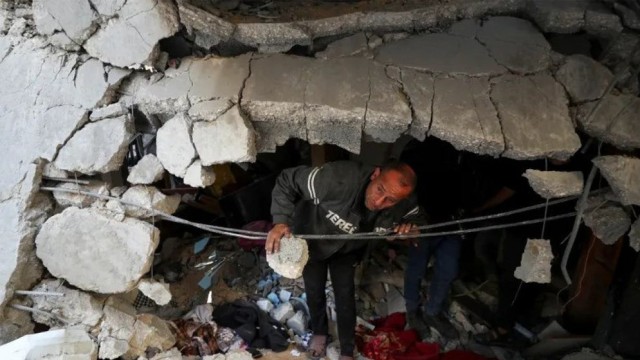



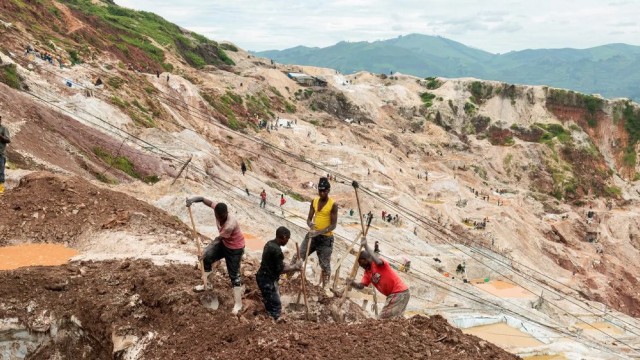
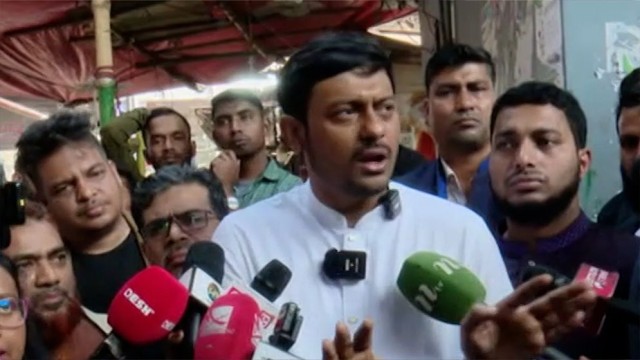



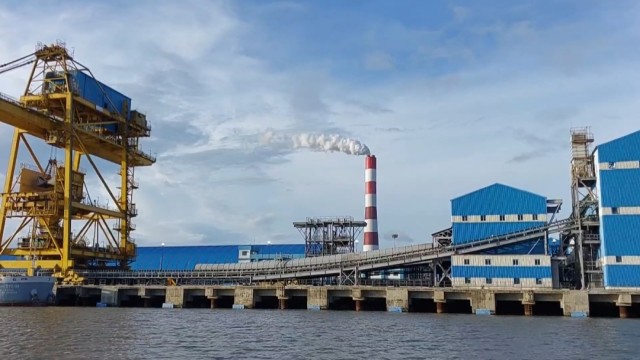


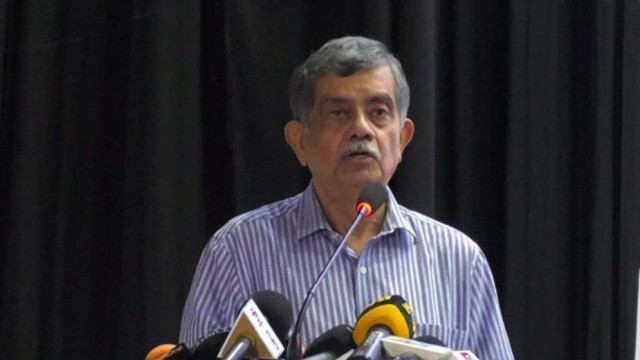

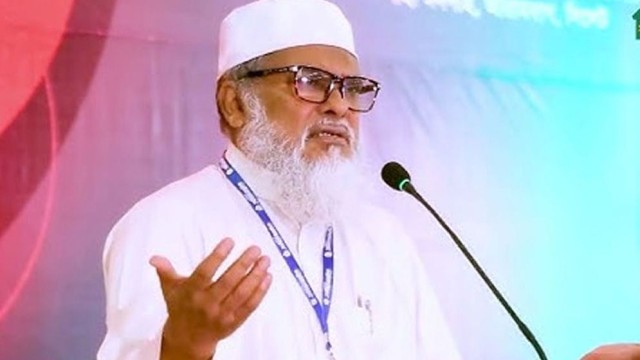
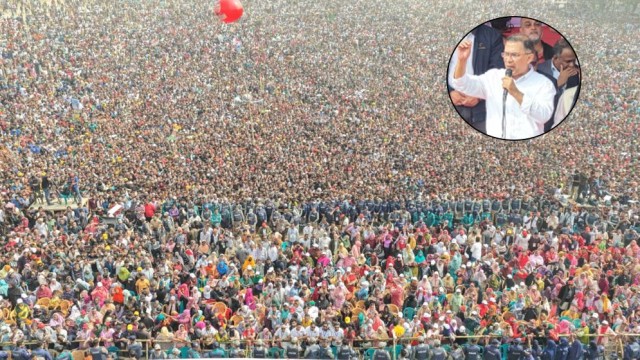
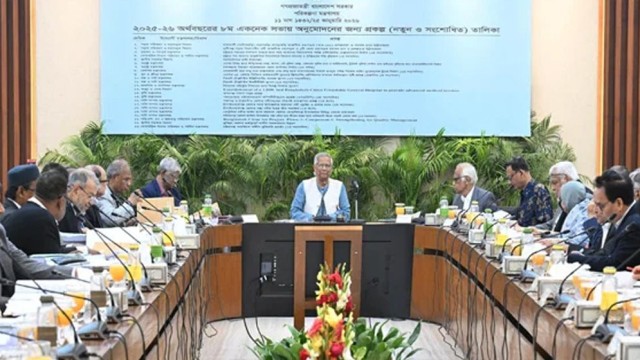

Comment: